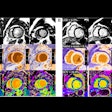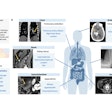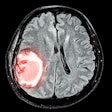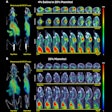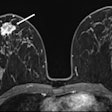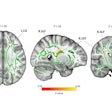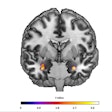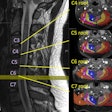Dear AuntMinnie Member,
A functional MRI technique can visualize evidence of cognitive decline in elderly individuals before symptoms appear, potentially giving doctors a tool to detect preclinical dementia at very early stages.
That's according to a new article we're featuring in our MRI Community, where researchers from Switzerland report on their use of arterial spin-labeled MRI (ASL-MRI), a functional imaging technique that measures cerebral blood flow.
Previous studies have found that ASL-MRI can detect mild cognitive impairment and Alzheimer's disease, but the Swiss team wanted to look at signs of cognitive problems even earlier in the process. Find out what they learned by clicking here, or visit the community at mri.auntminnie.com.
More on Mo-99 shortage
The ongoing shortage of molybdenum-99 (Mo-99) is having wide-ranging repercussions for nuclear medicine practices, according to an article in our Molecular Imaging Community.
The Society of Nuclear Medicine and Molecular Imaging conducted a poll of its members to find out how they are coping with the shortage, which has put the most commonly used radioisotope in nuclear medicine in short supply.
Some 90% of survey respondents said that radiopharmaceutical prices have increased since December 2013, with some of the price hikes being "significant." Facilities have had to change appointments to match isotope supply, and some even had to cancel scans.
What's causing the shortage? And what bumps are in the road ahead? Learn more about the impact by clicking here.
PET/MRI for kids
While you're in the community, check out a new story on the use of PET/MRI for detecting lesions in pediatric cancer patients. German researchers compared the hybrid modality to PET/CT and found that it delivered equivalent performance at one-quarter of the radiation dose.
Read more by clicking here, or visit the community at molecular.auntminnie.com.


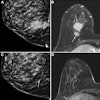
.fFmgij6Hin.png?auto=compress%2Cformat&fit=crop&h=100&q=70&w=100)

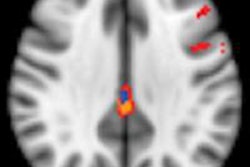
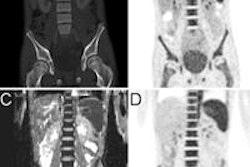

.fFmgij6Hin.png?auto=compress%2Cformat&fit=crop&h=167&q=70&w=250)
